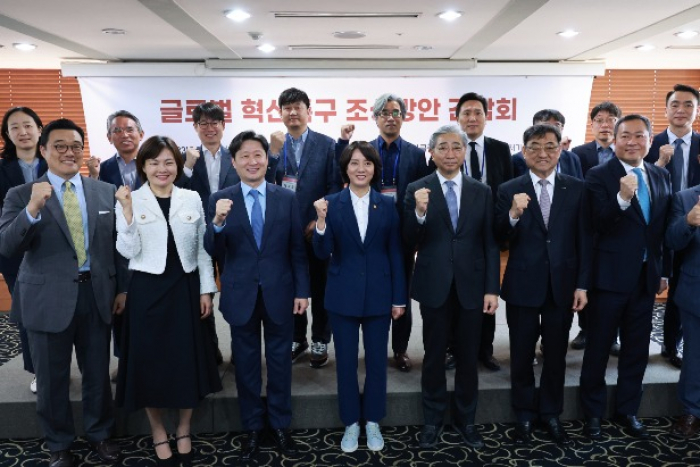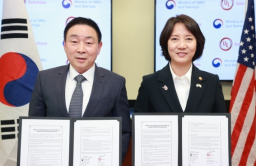-
KOSPI 2577.27 -2.21 -0.09%
-
KOSDAQ 722.52 -7.07 -0.97%
-
KOSPI200 341.49 +0.02 +0.01%
-
USD/KRW 1396 -2.00 0.14%
S.Korea to launch 10 global innovation special zones by 2027
Business & Politics
S.Korea to launch 10 global innovation special zones by 2027
The gov't will implement negative regulation, offering customized certification for export from the product planning stage
By
May 08, 2023 (Gmt+09:00)
1
Min read
News+

South Korean government plans to create ten global innovation special zones by 2027, implementing a negative regulation system for the first time in the country. Negative regulation is a policy that permits everything except explicitly prohibited items. This initiative aims to support domestic startups by providing an environment conducive to the development of new products in advanced technology fields.
The Ministry of SMEs and Startups announced the ambitious plan. In these zones, regulations, demonstrations, certifications, permits and insurance will follow global standards, helping startups expand overseas. The Global Innovation Zones will adopt a cluster format, involving universities, research institutes and foreign companies.
The government will pilot two to three zones this year and aims to establish a total of ten special zones by 2027. Within these zones, all demonstration projects using new technologies will be possible, except for those explicitly listed as restricted or prohibited. However, to ensure basic safety and product quality, international standards centered on advanced countries such as the US will be applied.
The Ministry of SMEs and Startups will also establish overseas demonstration bases focused on advanced technology fields. The ministry will cooperate with the global certification agency UL Solutions to support overall advanced technology startups' demonstrations and technological innovations in the US.
In advanced bio fields such as gene therapy, international collaboration will form the basis for supporting non-clinical and clinical trials, collaboration, and joint research with global pharmaceutical companies. Following the MOU between South Korea's "K-Bio Lab Hub" and Boston's "LabCentral," an MOU will also be signed with Japan's "Shonan Health Innovation Park" this year, establishing a trilateral cooperation system among South Korea, the US and Japan's bio clusters.
Write to Joo-Wan Kim at kjwan@hankyung.com
More To Read
-
Apr 27, 2023 (Gmt+09:00)



